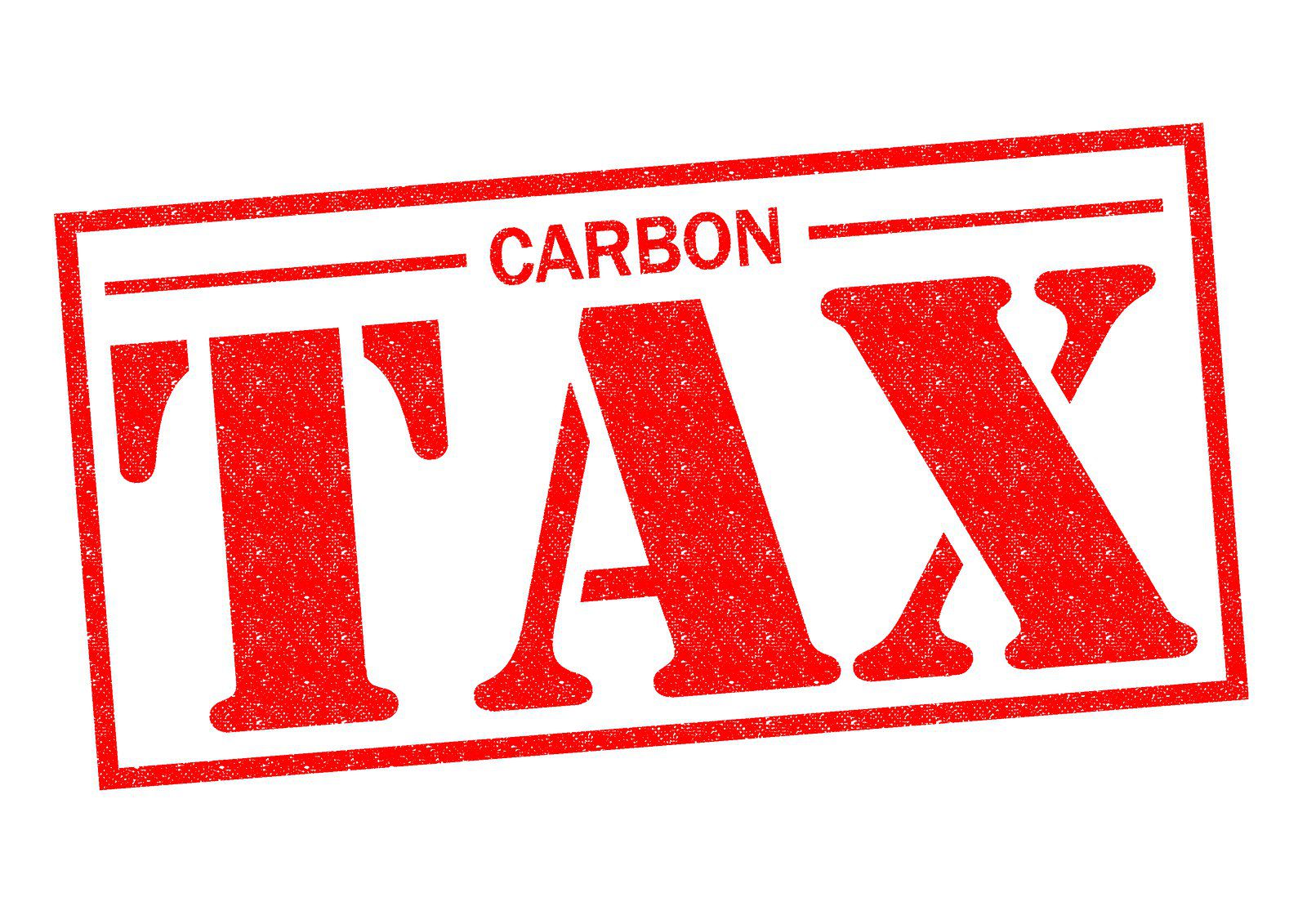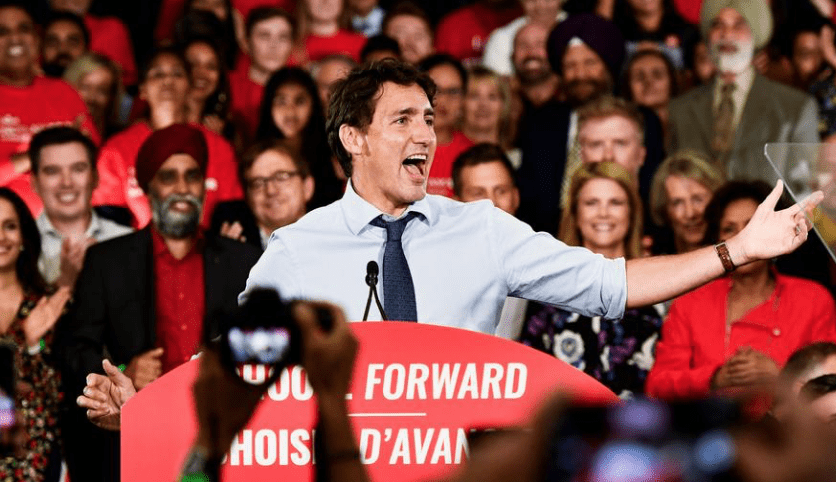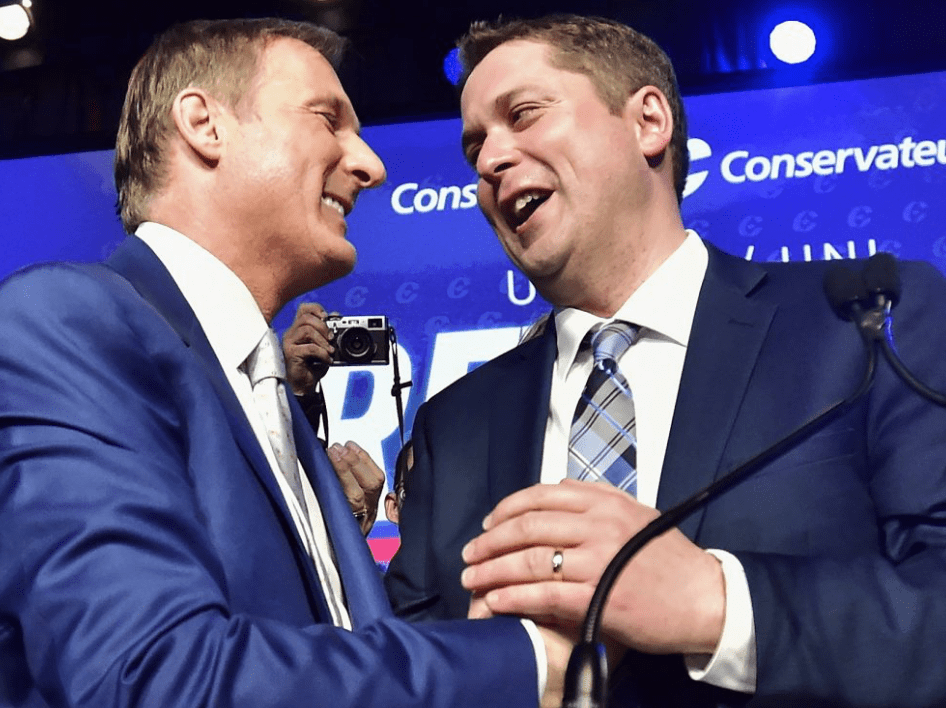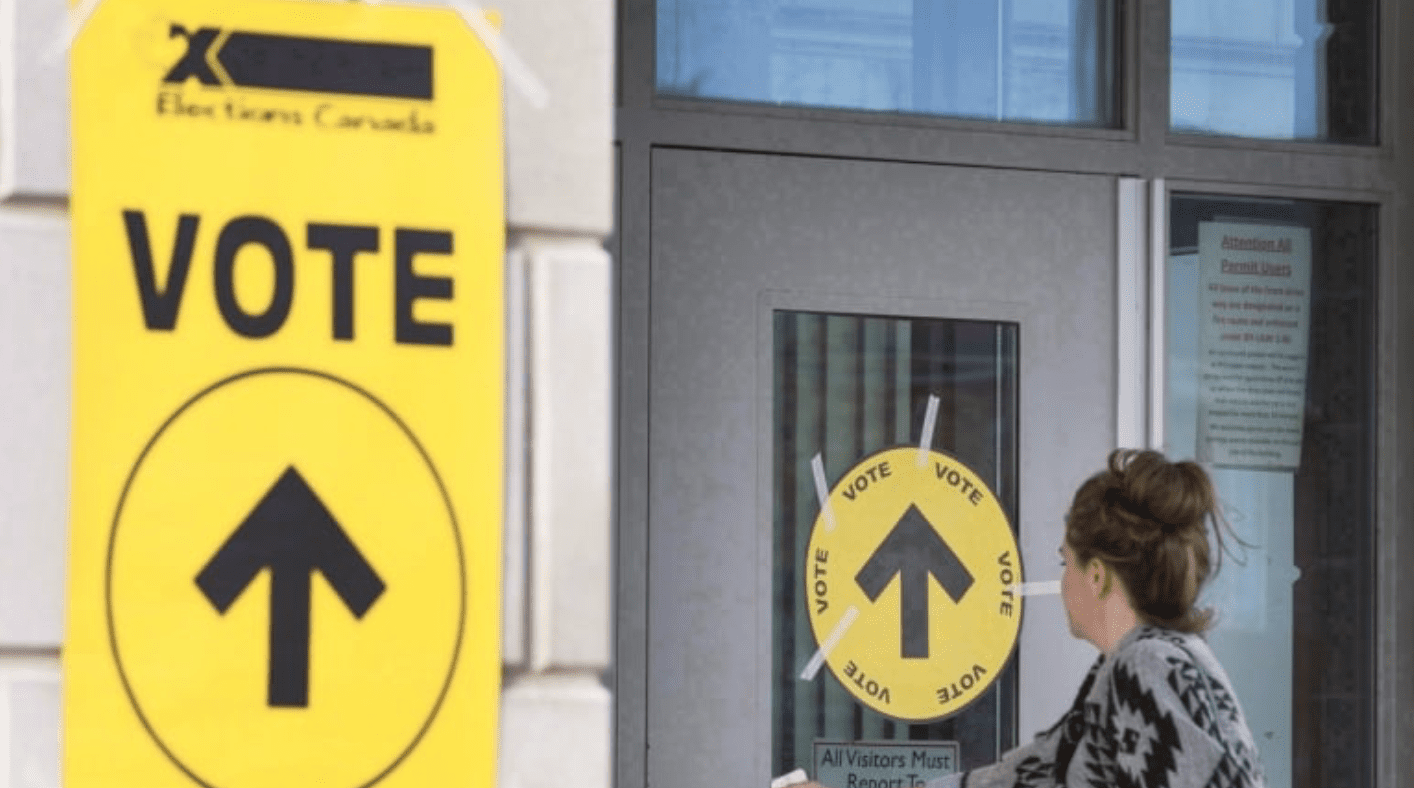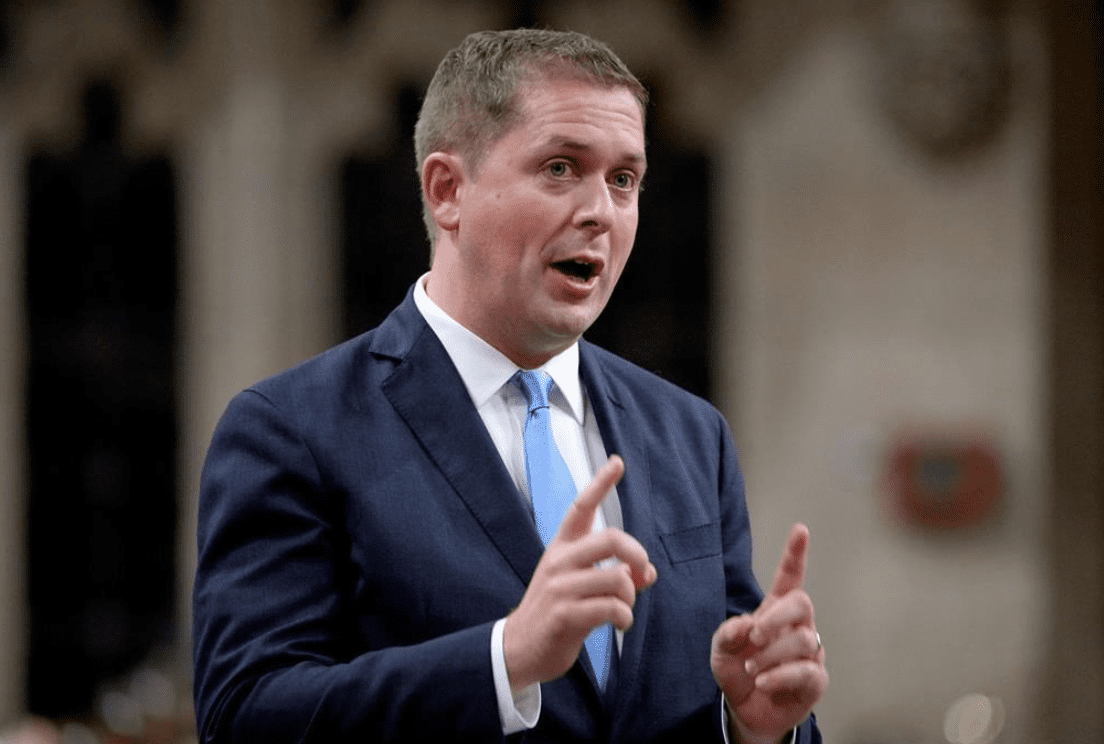Are there any new tax measures the federal Conservatives are willing to adopt?
It's a question worth asking, particularly as Andrew Scheer has made the national carbon tax a campaign issue worth staking his political future over.
For Scheer, it does not matter that placing a tax on carbon emissions is a market-based policy. Nor does it matter that the Trudeau government will be offering rebate checks to cover the increased costs levied upon citizens from the tax. Or that climate change is an existential crisis requiring significant government action.
To Scheer and the Conservatives, a tax is a tax is a tax.
And therefore, the carbon tax must be fought tooth and nail against, no matter its merits.
This thinking has become part of the Conservative Party's DNA.
They appear to have no greater policy priority than to lower any and every tax. And when they aren't doing so, they simply oppose any new measure, as with the carbon tax.
It all seems to stem from an antipathy towards government in general and its ability to wield any significant influence. For Conservatives know that the chief tool to chip away at federal influence is to reduce the government of its revenue.
And it's something they have largely been successful at doing.
Over the past several decades, corporate taxes have been significantly reduced (granted by both Liberal and Conservative governments alike). Throughout the 1960s and 1970s, the federal corporate tax rate stood at 37 per cent. Today, it is a mere 15 per cent.
The same is true for personal income taxes on the very wealthiest.
As Linda McQuaig has written, "In 1966, the top marginal rate was 80 per cent on income above $400,000 ($3 million in today's dollars). Today, the top rate (which varies between provinces) is typically just above 50 per cent."
And during Stephen Harper's tenure, the Goods and Sales Tax (GST) similarly found itself on the chopping block, being reduced from 7 to 5 per cent.
All of these tax cuts have helped to drain the federal coffers of billions of dollars. Billions which would have otherwise helped pay for the government services which Canadians hold dear.
No amount of tax cuts in the past though, are enough to satisfy this current crop of conservatives. One need only observe the Conservative Party's Policy Declaration, which commits the party to reducing taxes further still. Amongst their many pledges and priorities, the Conservatives advocate for "reducing personal income taxes" as well as believing that the government "should reduce [the] capital gains tax" and "continue the process of reducing business taxes."
This single-minded obsession against all taxes is a relatively new phenomena. For while Canadian conservatives have for decades advocated for lowering taxes, they haven't always had the aversion they hold today.
Take for example, Canada's 8th Prime Minister, Robert Borden.
In 1917, his administration introduced Canada's first income tax. Initially it was meant only as a temporary measure; one to help cover the costs incurred from the First World War.
Fortunately though, the benefits of the tax ensured its continued existence. After all, an income tax was truly necessary for a burgeoning nation like Canada, which required significant revenue for it to mature into a G7 country.
Then of course, there was Prime Minister Joe Clark.
In 1979, Clark inherited rising deficits from his Liberal predecessors. To help raise revenue, the short-lived Clark government introduced an excise tax on gasoline to help balance the federal budget.
While politically unpalatable, the policy was far more desirable than the massive cuts that eventually were undertaken by the Chretien Liberals to balance the budget years later.
But of course, Clark was no neoliberal stooge. Instead, he was one of those now rare Canadian specimen- a red tory.
Clark's successor for the leadership of the Progressive Conservatives, Brian Mulroney, began the neoliberal trend of corporate tax cuts. But even he was ideologically flexible enough to value tax revenue and government services, as displayed by his decision to introduce the controversial GST in 1991.
Unfortunately, after Mulroney's retirement, conservative loathing of taxation has only become more widespread amongst true believers.
It's hard to imagine now, what with the rhetoric stemming from Scheer, that a Conservative government would ever embrace any new and necessary taxation measure, as many of his predecessors once did before him.
Even when its purpose, as with the carbon tax, is not only to raise government revenue, but to help reduce carbon emissions; particularly as the climate crisis only intensifies further.
Alas, Scheer and his fellow climate laggards remain blinded by their own ideological rigidity against taxation.



